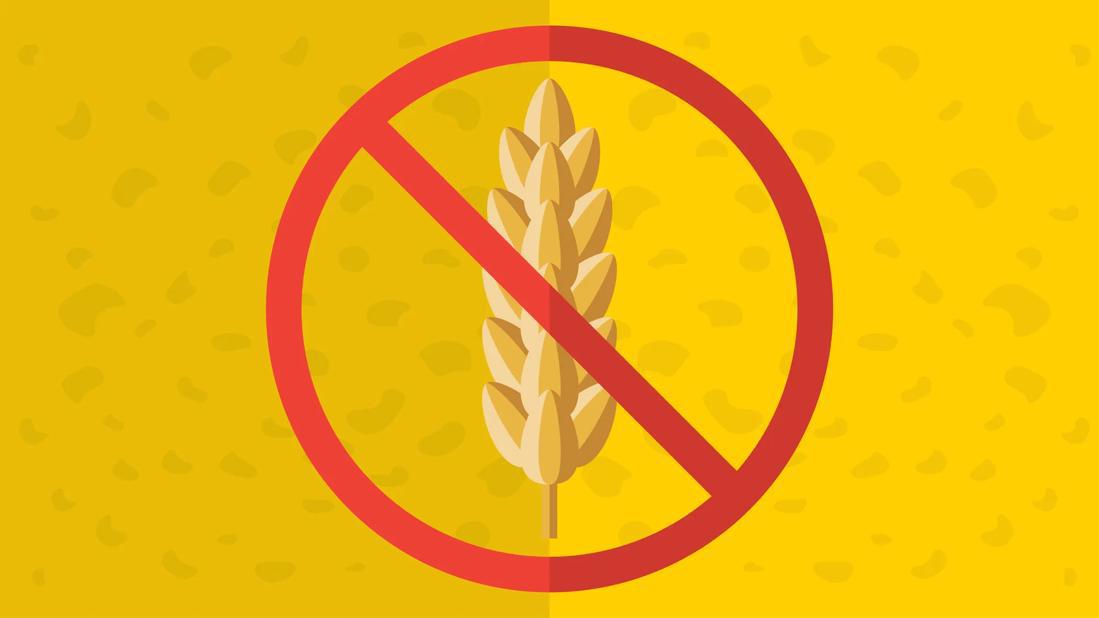Yes, Celiac Disease Can Be Inherited
Family history can increase your risk of developing this autoimmune disorder — you may want to see a healthcare provider for screening

Family history is significant when it comes to celiac disease, a genetic disorder that can trigger damaging reactions in your digestive system if you eat foods that contain gluten.
While celiac disease affects about 1% of the world’s population, you are 10 times more likely to be diagnosed with it if you have a parent, sibling or child with the condition, according to the Celiac Disease Foundation.
Let’s look at the hereditary connection of celiac disease with gastroenterologist Alberto Rubio Tapia, MD.
Is there a celiac gene?
Your genes, which you inherit from your biological parents, serve as your body’s internal building blocks. They’re what make you uniquely you. And carrying certain genes can make a person more likely to develop celiac disease.
Two genes closely linked to celiac disease are HLA-DQ2 and HLA-DQ8. Nearly everyone who’s diagnosed with celiac disease carries at least one of these two genes that they inherited from their mother or father, says Dr. Rubio Tapia.
But having those genes DOES NOT mean you’re destined to have celiac disease. In fact, it’s estimated that one-third of the population carries one of those genes without showing any signs of the disorder.
“Genes are a risk factor for the disease,” Dr. Rubio Tapia clarifies, “but they do not dictate whether you will develop the condition.”
Factors that can contribute to celiac disease
Celiac disease is an autoimmune disorder — a type of condition where your immune system overreacts to something it views as a threat. In the process, it harms your body while trying to protect it. (In celiac disease, the “threat” is gluten, a protein in wheat and other grains.)
There are more than 100 different autoimmune diseases, notes Dr. Rubio Tapia, and one autoimmune disease may trigger another if they share common genes.
That’s why you’re more likely to have celiac disease if you have an autoimmune disease like:
Celiac disease is also more common in people with chromosomal disorders, such as Down syndrome, Turner syndrome or Williams syndrome.
In addition, there are theories that celiac disease can be triggered by an event (such as a surgery or illness) that overtaxes your immune system. Some speculate about a connection with gut health, too. Research is ongoing to explore these concepts.
Celiac disease can begin at any age after gluten has been introduced to your diet.
Should you get tested for celiac disease?
If you know that you’re at increased risk for celiac disease because it runs in your immediate family, Dr. Rubio Tapia suggests talking to a healthcare provider about being screened for the disorder.
A blood test to look for antibodies to gluten is typically the first step to check for the disease. Your provider may also suggest genetic testing or other tests.
“People sometimes live with celiac disease without even knowing it,” he notes. “They may dismiss symptoms like diarrhea, bloating, gassiness and fatigue, or might not notice any symptoms at all.”
That can be dangerous, given the damage celiac disease can cause to your small intestine. Left untreated, the disorder can lead to nutritional deficiencies, bone disorders and other long-term health problems.
If testing shows you have celiac disease, you can manage the condition by avoiding foods with gluten. Eliminating gluten from your diet typically brings immediate results.
But without confirmation that you have celiac disease, Dr. Rubio Tapia cautions against adopting a gluten-free diet. “We don’t want someone to start a lifelong gluten-free diet if they don’t have a proper diagnosis and don’t need to do so.”